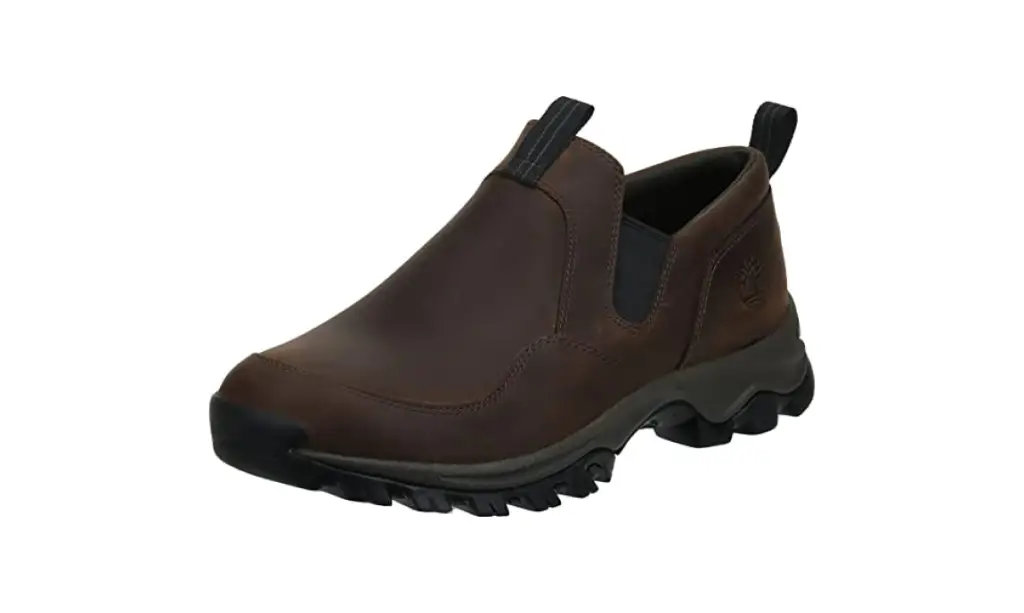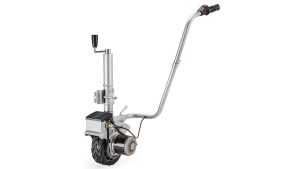When it comes to walking, whether it’s for exercise, leisure, or daily commutes, having the right footwear is essential for comfort and support. Many people wonder if it’s acceptable to wear men’s hiking boots for walking activities. In this article, we’ll explore the characteristics of hiking shoes and their suitability for walking, providing insights to help you make an informed decision about the footwear you choose for your walking endeavors.
Understanding Hiking Shoes
Hiking shoes are designed specifically for outdoor activities like hiking, trekking, and backpacking. They are crafted to provide stability, support, and protection on rugged terrains and unpredictable surfaces. Hiking shoes often feature a low-cut design, providing flexibility and ease of movement. They are constructed with durable materials, such as synthetic fabrics or leather, and have sturdy outsoles with good traction to navigate various terrains.
Comfort and Cushioning
One of the primary concerns when choosing footwear for walking is comfort. Hiking shoes are designed to offer ample cushioning and support, making them suitable for long hours on your feet. They typically have padded insoles and midsoles that absorb impact and provide cushioning for the foot. The cushioning helps reduce fatigue and stress on your feet and joints, making hiking shoes a comfortable option for walking activities.
Stability and Support
Hiking shoes are engineered to provide stability and support, which can be beneficial during walking as well. The sturdy construction and reinforced materials used in hiking shoes help stabilize the foot and ankle, reducing the risk of twists or sprains. The outsoles of hiking shoes are designed to provide traction on uneven surfaces, offering stability and preventing slips or falls. These features make hiking shoes a reliable choice for walking on various terrains, including trails, sidewalks, and parks.
Durability and Protection
Hiking shoes are built to withstand rugged environments and provide protection to the feet. They are crafted with durable materials that can endure the wear and tear of outdoor activities. The sturdy construction of hiking shoes helps protect the feet from sharp rocks, roots, or other hazards that may be encountered during walking. Additionally, hiking shoes often have reinforced toe caps and heel counters for added protection against impact and abrasion.
Weather Resistance
Another advantage of hiking shoes is their weather resistance. Many hiking shoes come with water-resistant or waterproof features, keeping your feet dry and comfortable in wet conditions. This can be particularly beneficial when walking in rainy or snowy weather. The water-resistant properties of hiking shoes help protect your feet from getting soaked and reduce the risk of blisters or discomfort.
Considerations for Walking in Hiking Shoes
While hiking shoes can be suitable for walking, there are a few considerations to keep in mind:
Weight
Hiking shoes are generally heavier than regular walking shoes. This extra weight may be noticeable during long walks or if you’re looking for lightweight footwear for speed walking or fitness walking.
Breathability
Hiking shoes, especially waterproof models, may have reduced breathability compared to dedicated walking shoes. This can lead to increased perspiration and potential discomfort during longer walks.
Style
Hiking shoes have a distinct outdoor aesthetic that may not align with everyone’s personal style or preference for casual walking shoes.
Surface Adaptability
While hiking shoes provide excellent traction on rugged terrains, the aggressive outsole patterns may not be as necessary or ideal for walking on even surfaces like pavements or indoor tracks.
Choosing the Right Footwear
When deciding whether to wear hiking shoes for walking, consider the duration, terrain, and specific needs of your walking activities. If you frequently engage in long walks, especially on varied terrains or in inclement weather, hiking shoes can provide the necessary comfort, support, and protection. However, if you primarily walk on even surfaces or prioritize lightweight and breathable footwear, dedicated walking shoes or sneakers may be a better fit for your needs.
Conclusion
Wearing hiking shoes for walking is generally acceptable and can offer numerous benefits, such as comfort, stability, durability, and weather resistance. However, it’s important to consider factors like weight, breathability, style, and surface adaptability when making your footwear choice. Ultimately, selecting the right footwear depends on your personal preferences, walking conditions, and the level of comfort and support you require. Whether you opt for hiking shoes or walking shoes, prioritize finding footwear that fits well and supports your walking activities for a comfortable and enjoyable experience.







